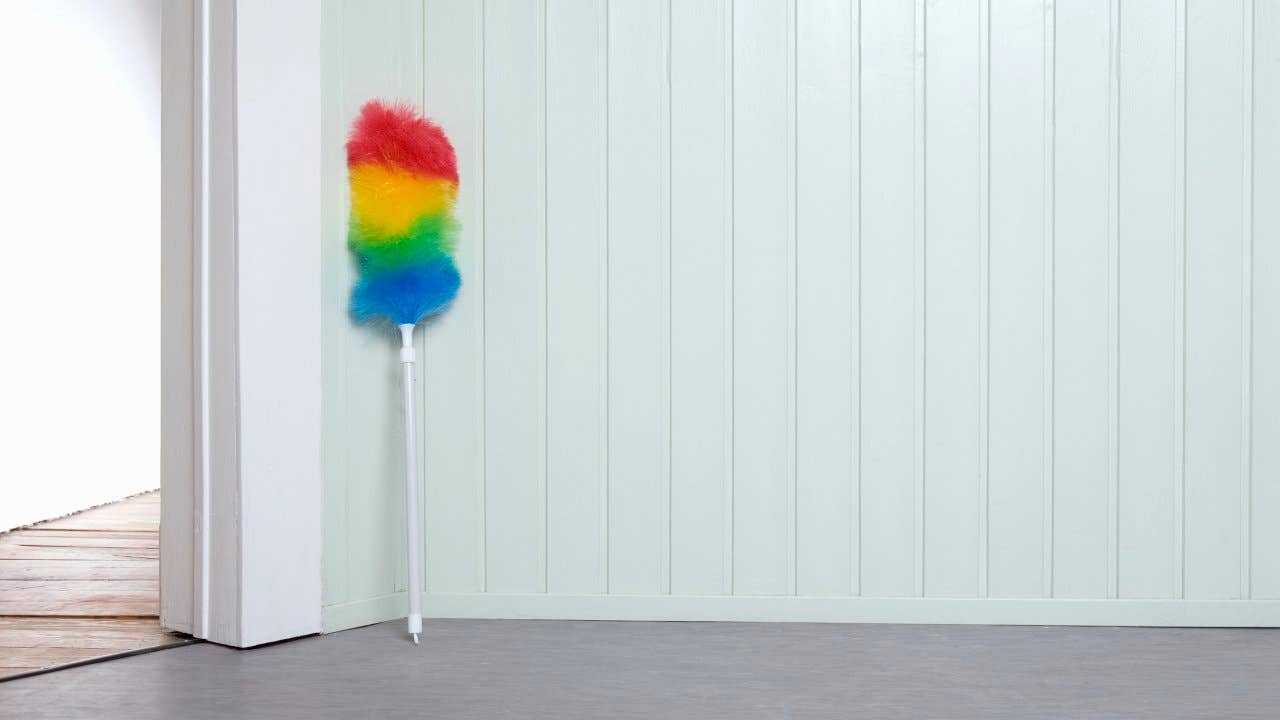What does broom clean mean?

Broom clean is a real estate term used to describe the condition in which a seller or a renter must leave their home or unit after moving out. Although the exact meaning is open to interpretation, broom-clean homes are at a minimum free of any excess items, like personal belongings and debris, and have been swept or vacuumed.
What does broom clean mean?
Leaving a home in broom-clean condition doesn’t require repairs or refreshing, like painting the walls or smoothing over cracks. It doesn’t even mean having the premises professionally cleaned. Rather, it requires tidy, swept floors and vacuumed carpets — things you’d accomplish with a broom or brush (hence the name). Countertops and other surfaces should be clear of dirt, dust and debris, too.
All personal items must be removed from the premises, including rugs, wall decorations and furniture — anything the new owner or the landlord would have to discard. Even items that a seller may think the new owner would want, such as buckets of paint that match the living room walls or extra bathroom tiles should be thrown out (unless the buyer specifically requests they remain).
Because there is no legal definition for the term broom clean — also known as “swept clean” or “broom swept” — it’s important for buyers and sellers to come to an agreement w about details regarding cleanliness and home condition before the move-out or closing date. For example, you may need to decide things like whether or not defrosting the freezer or cleaning the oven is required and the extent to which the bathtub is scrubbed and marks are removed from the walls. A walk-through is necessary to ensure that a home or apartment is in broom-clean condition.
The purchase agreement will specify in what kind of condition the seller needs to leave the home. When in doubt, ask your real estate agent what you should leave behind and what you need to take with you. As a general rule, anything that’s permanently attached to the residence is considered a fixture, and needs to stay behind, like lighting fixtures and towel bars in the bathroom. Of course, all trash and garbage must be removed.
Some realtors make a distinction between broom-clean condition and professionally cleaned condition. Professionally cleaned homes have been more thoroughly scrubbed and gone over and are nearly immaculate. Obviously, engaging a professional cleaning service may mean additional costs for the seller.
Broom clean example
If you’re selling your home, what you can’t take with you should be outlined in your contract. If your buyer asked for your couch and washing machine but excluded your dryer. and you agreed to it, then you must leave behind the couch and washing machine, but dispose of or take your dryer with you. When in doubt, ask your real estate agent to clarify. You don’t want to jeopardize the sale because you took the bookshelves you agreed to leave behind. You also can’t leave the home filthy for your buyers, so no trash or massive dust bunnies should be in evidence.
If you’re a renter, moving out is more straightforward. Your rental unit should be left in the condition you found it in, or better. It’s always a good idea to take pictures upon moving in and moving out, so you don’t get charged for any pre-existing damage. Your landlord or property manager may not keep good records or remember that the blinds, say, were damaged before you moved in — and could erroneously hold back your deposit as reimbursement.
Bottom line on broom clean
Though some states mandate that it be part of standard real estate contract, there’s no exact, legal definition of broom clean. And in a sense, it’s a formality, since most new occupants will want to clean before unpacking anyway. Still, it’s considered a courteous thing to do, to not leave behind a mess or dirty, unsanitary-looking place.
Follow this rule of thumb in broom cleaning: If something could be picked up with a vacuum pass or the sweep of a brush or duster, you need to do so. If anything looks like it could go in the trash, put it in there and take it away. In short, don’t leave anything undone or left behind for the newcomer to find — except, maybe, a bottle of champagne.






